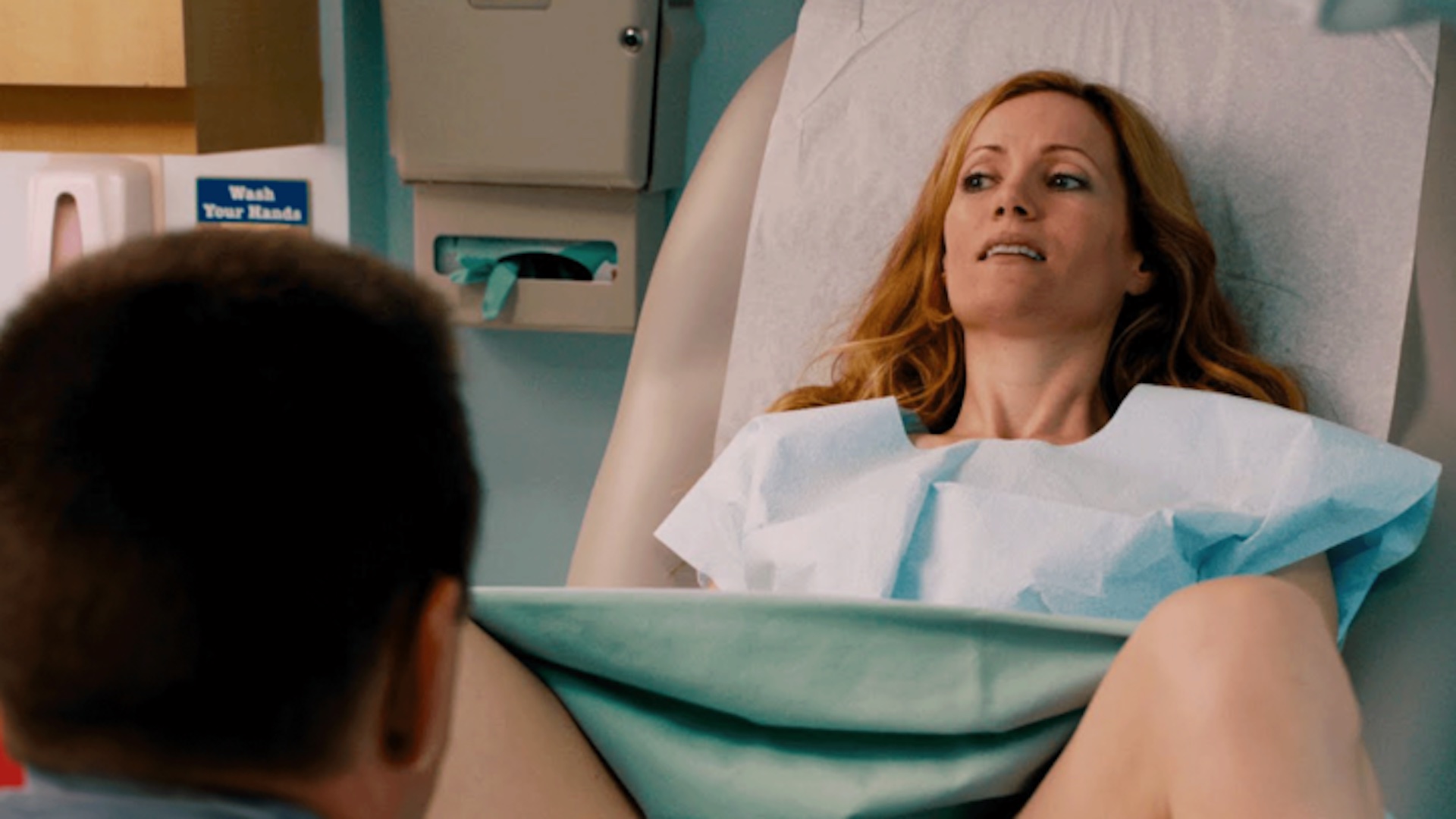Ladies, the days of dreading your yearly pap smear might be coming to an end — cue the confetti. If you’ve ever found yourself lying back on that cold, sterile table, feet in stirrups, trying to remember how to breathe while a doctor swabs your cervix like they’re searching for a missing contact lens, you’re not alone. I hate pap smears. Pap smears are the necessary evil we’ve all had to endure to make sure we’re in the clear for cervical cancer. But guess what? Cue the happy tears because healthcare companies are finally catching on to the fact that many of us would rather do anything else than face that dreaded speculum. Enter the new era of self-collection tests, which, according to the experts, could be a game-changer in women’s health.
On Friday, the FDA approved the first at-home cervical cancer screening tool. Teal Health has developed the “Teal Wand,” which allows patients to screen themselves at home. The device works a bit like a tampon — you simply insert, rotate to collect the sample, and send it to the lab in an included mailer. Don’t you just love technology?? Imagine not having to schedule a doctor’s appointment, sit in a waiting room for what feels like hours, and then awkwardly make small talk with your gynecologist while half-naked.
So, what’s making this possible? Labs have figured out that they can test samples from the vaginal walls instead of the cervix, which is kind of a big deal. It means you could soon be saying goodbye to stirrups forever.
Last year, the FDA gave the green light to some self-collection tests in healthcare settings, like the Onclarity HPV test from Becton, Dickinson, and Company and the Cobas HPV test from Roche Molecular Systems, which are both tools used to detect serious cervical diseases that can lead to cancer if not treated. Initial results showed that the tests work pretty well. Now, experts say that self-collection at home is just as accurate as the doctor’s office — without anyone but your cat to judge you.
Of course, just because it’s received FDA approval doesn’t mean it’ll be available overnight. Teal Health will start shipping the device to California in June before it becomes available nationwide. While the cost of an at-home test hasn’t been confirmed yet, Self reported that Aetna, Blue Cross Blue Shield, Cigna, and United Healthcare will cover it within the state at the time of launch. The manufacturer is working with insurance companies to cover the device and accompanying telehealth services across all states. Still, with how things are moving, you might just be able to add “cervical cancer screening” to your list of things to do between your morning coffee and scrolling through TikTok.



















































